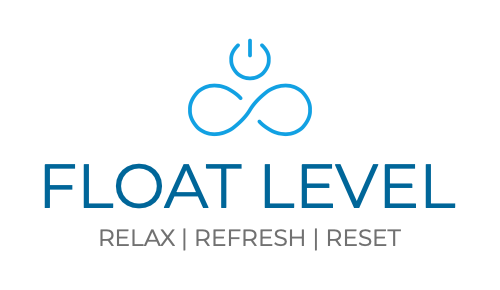Struggling With Your Sleep? Try Floating To Get Back On Track
/Mind racing, tossing and turning, frustration mounting as you stare at the minutes ebb away with the dreaded alarm eeking ever closer… it’s a horrible feeling and one we have all experienced. When you’re in a bad sleep cycle, it can be so difficult to get yourself back on track and often there can be a reluctance to go down the medication route. So how do you get back to that glorious uninterrupted 8-hour (if you’re lucky!) cycle?
Well, there are a few fairly common tactics. Often exercise earlier in the day can tire you out and perhaps more easily facilitate you nodding off (plus it’s just plain good for you!), the old cup of cocoa just before bed, perhaps some late night meditation… All of these can work to some degree but sometimes there just seems to be no way to reset your clock and with a recent Sleepio survey finding that over 50% of the UK population isn’t getting enough sleep, it’s clear that this is a legitimate issue in our modern lives.
So how can floating help?
There are a couple of broad aspects to floating which you should consider if you are struggling with your sleep:
1. Floatation brings on a deep relaxation response
When you float free from distraction in near total silence, your brain waves slow down to a Theta frequency level which causes a profound sense of relaxation to flow throughout your body and mind. This slowing of our normal tempo means that you are in a more relaxed frame of mind, while the weightless environment provides relief from aches and pains, which can keep you awake at night. Indeed the 2012 Great British Sleep Survey reported:
- 68% of those surveyed reported bodily discomfort as the primary physical factor for poor sleep
- 82% of those surveyed reported worries about today and tomorrow as the top persistent thought preventing sleep
Removing aches and pains and bringing on this deep feeling of mental relaxation can greatly assist you in overcoming the above problems and allow you to nod off in a timely fashion when bedtime comes.
2. A one-hour floatation session has been said to provide the same benefits as 4 hours’ sleep
If you are low in energy and feel as if you are not getting enough sleep, a one-hour floatation session removes the need to process external stimuli and so all of your bodily resources can be redirected to rest and recovery. This leaves you feeling not only calm and relaxed of mind, but rejuvenated in body.
Statistically Significant Improvements In Sleep
A study by Fine and Borrie into the effects of floatation on psychophysiology revealed that 65% of subjects reported improvements in sleep quality while a 1993 study by Ballard found that 4 floatation sessions provided statistically and clinically significant improvements in how quickly subjects could fall asleep.
If you are suffering from sleep problems, you should of course consult your doctor to see what can be done, but it may also be well worth your while trying out a floatation session to reclaim the much-needed mental and physical relief of deep relaxation which you may be missing out on at night.
Float Level will be open in May 2014. You will be able to book your first session online from early May 2014 here.

